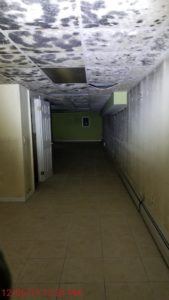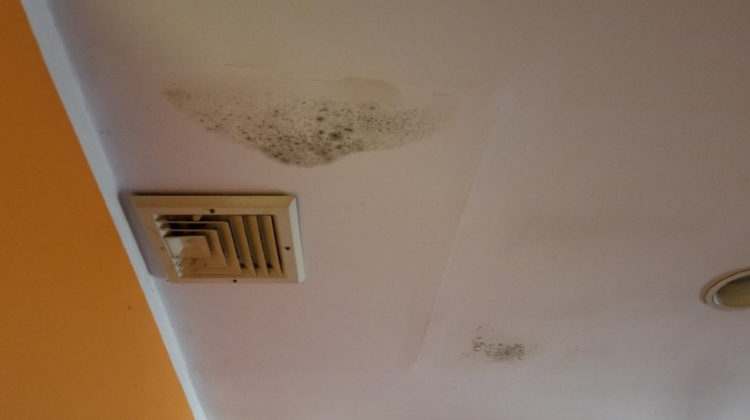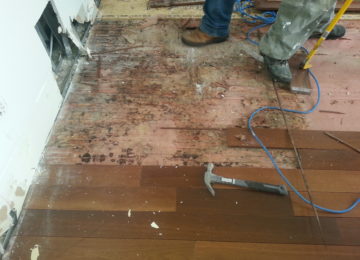Why You May Need Immediate Mold Testing
Indoor Air Quality offers reliable mold testing, remediation, cleanup and removal for clients throughout Long Island. Testing for mold is important, because it is not something that is easily discoverable. And the ramifications of mold in a home or office building can have detrimental effects on your health.
Mold illness can be very scary. According to Surviving Mold, mold is composed of biotoxins the body cannot process. When these biotoxins enter the body, they can wreak havoc on the body, causing a range of symptoms. While symptoms may manifest differently in different people, it is wise to look out for the top 10 symptoms of mold illness, as outlined by Mayo Clinic. Keep reading to understand why this is important.
Mold illness is often misdiagnosed because many of the below symptoms are similar to those of other allergies. While the Asthma and Allergy Foundation of America explains some molds can, in fact, cause allergic reactions, Mayo Clinic urges people not to assume their sneezing and wheezing is mundane. It is important to talk with your doctor, especially if symptoms persist. This is because complications from mold illness can lead to asthma, sinusitis and inflammation of the lungs, among other issues.
10 Symptoms of Mold Illness

Here are 10 symptoms of mold illness. If you or anybody you know have these symptoms, then perhaps testing for mold should be your next step.
Sneezing
Mold can cause cold and allergy-like symptoms such as sneezing. This is because mold spores can irritate the nose and throat, causing you to sneeze.
Runny or Stuffy Nose
Both a runny and stuffy nose is another symptom. This is primarily due to the immune system creating mucus to defend against mold spores and stop them from coming into the body.
Coughing
When you inhale mold spores, they irritate the lining of the throat. This causes coughing. Exposure to mold can also lead to such complications as pneumonia and bronchitis, which result in further coughing.
Itchy Eyes, Nose & Throat
Just like other allergens, such as pollen, mold triggers the body to release histamine. Histamine causes a wide range of reactions. Some of the most common are itchy eyes, nose and throat.
Watery Eyes
Histamines also causes the eyes to water. This is because histamines are chemicals in the immune system that work to flush the body of allergens and other toxins. In some cases, histamines trigger the watering of the eyes to push allergens out of the body.
Dry, Scaly Skin
The allergic reaction to mold can lead to inflammation and irritation of the skin. This is because the body’s immune system is overreacting to the allergen. This is why exposure to mold can also cause hives
Wheezing
Wheezing is among the most common symptoms of mold exposure. This is because when you inhale microscopic mold spores, they irritate and inflame the lining of the throat, bronchial tubes and lungs. This restricts airflow and causes wheezing.
Shortness of Breath
A symptom related to wheezing is shortness of breath. With wheezing comes difficulty breathing. If you suffer from asthma, you should be wary that exposure to mold can cause not only shortness of breath but also a full-blown asthma attack
Chest Tightness
People who have suffered from exposure to mold often report feeling pain in their chest. Sometimes the pain is described as tightness — other times as pressure. It can feel severe or merely uncomfortable.
Postnasal Drip
This is yet another histamine reaction intended to remove toxins from the body. When your nose runs without end, the immune system creates mucus to defend against mold spores and stop them from coming into the body.
Call For Mold Testing Information
If you are experiencing any of these symptoms, then perhaps it is time to set up a mold testing appointment. We will come down and inspect the premises and ensure that everything is safe and sound. If we deem there to be an issue, we will move forward with a proactive strategy. Your health is our main concern.
For more information about mold testing and our other air quality services, please contact us today. We will happily answer any questions you may have regarding your mold issues. The number for our office is 631-275-5999. So please, do not hesitate to reach out if you are looking for mold testing on Long Island you can trust!


